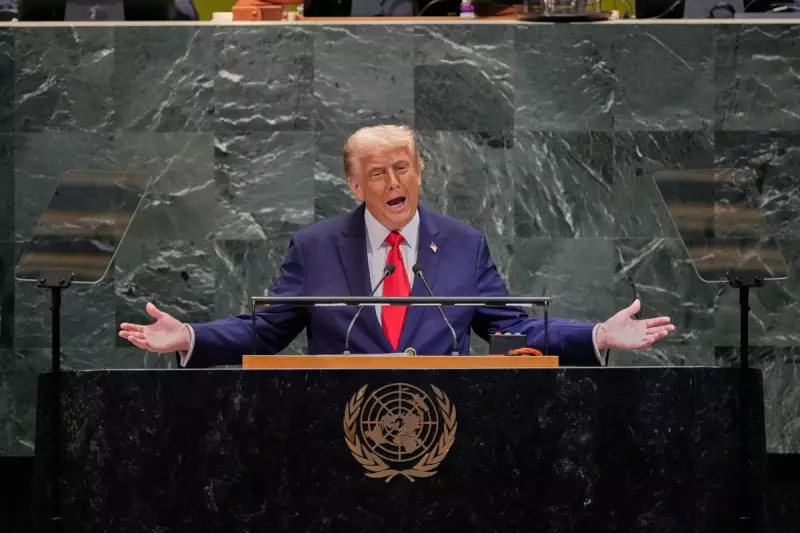
In a significant escalation of diplomatic rhetoric, Russian President Vladimir Putin has thrown his weight behind a controversial claim made by former US President Donald Trump regarding a potential military confrontation in European airspace.
The remarks, made during a high-profile press conference, centre on an alleged incident involving a Russian reconnaissance drone operating near Danish territory. Mr Putin stated that Mr Trump was "absolutely correct" in his recent assertion that the United States could have justifiably shot down the aircraft.
A Return to Cold War Brinkmanship?
This public endorsement from the Kremlin leader is being viewed by analysts as a pointed message to the current Biden administration and European allies. It underscores the fragile state of US-Russia relations and signals a potential alignment with Mr Trump's more confrontational stance should he return to power.
The incident, which reportedly occurred in airspace near Copenhagen, highlights the ongoing and provocative intelligence-gathering operations conducted by Moscow in close proximity to NATO member states. The fact that it has become a talking point between two of the world's most prominent figures elevates it from a routine espionage event to a symbol of broader geopolitical tensions.
Denmark's Strategic Position
Denmark's location, controlling the access points to the Baltic Sea, makes it a strategically vital area for NATO and a frequent focus of Russian military and intelligence activity. The potential for such encounters to escalate poses a continuous challenge for regional security.
Mr Putin's comments are likely to fuel debates in Western capitals about how to counter Russian aggression without triggering a wider conflict. The public backing of Mr Trump's hawkish position also adds a new dimension to the upcoming US presidential election, framing it as a pivotal moment for international security and the future of transatlantic alliances.






